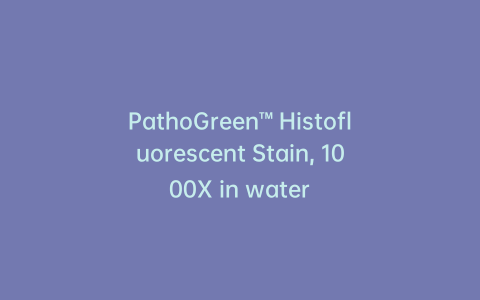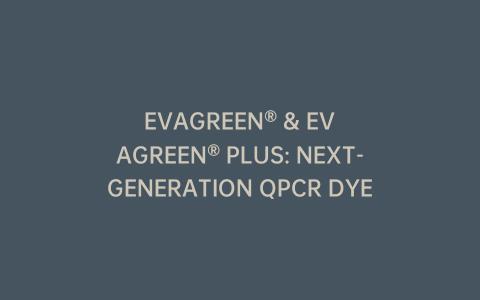Liver fibrosis is a great threat to human health that leads to millions of deaths annually worldwide, and hepatic stellate cells (HSCs) have been regarded as the main executors of liver fibrosis. Unfortunately, no available drugs for the clinical treatment of liver fibrosis has been approved as the tested drugs were not able to access HSCs and efficiently remove the collagen accumulation involved in fibrogenesis.
In order to enhance anti-liver fibrosis ability, the research team designed an efficient HSC-targeting lipid delivery system that carries dual siRNAs to inhibit collagen synthesis and promote collagen degradation so that the bidirectional collagen accumulation can be regulated. By using amphiphilic cationic hyperbranched lipoids (C15-PA) for siRNA complexation and helper lipoids (cholesterol-polyethylene glycol-vitamin A, Chol-PEG-VA) for HSCs targeting, the delivery system was constructed. The synthesized vitamin A-decorated and hyperbranched lipoid-based lipid nanoparticles (VLNPs) exhibited good gene-binding ability and transfection efficiency, and also improved the delivery of siRNAs to HSCs.
The collagen accumulation was reduced largely in the fibrotic mice treated with dual siRNA-loaded VLNPs, and the enhanced effect of bidirectional regulation reduced the collagen accumulation level in the mice to that was seen in normal mice. No sign of obvious toxicity or tissue inflammation in mice was found after repeated intravenous injection of the dual siRNA-loaded VLNPs. All in all, the study showed that the biocopatible VLNPs designed to exploit precise targeting and an effective bidirectional regulation strategy can be used for the treatment of liver fibrosis.




